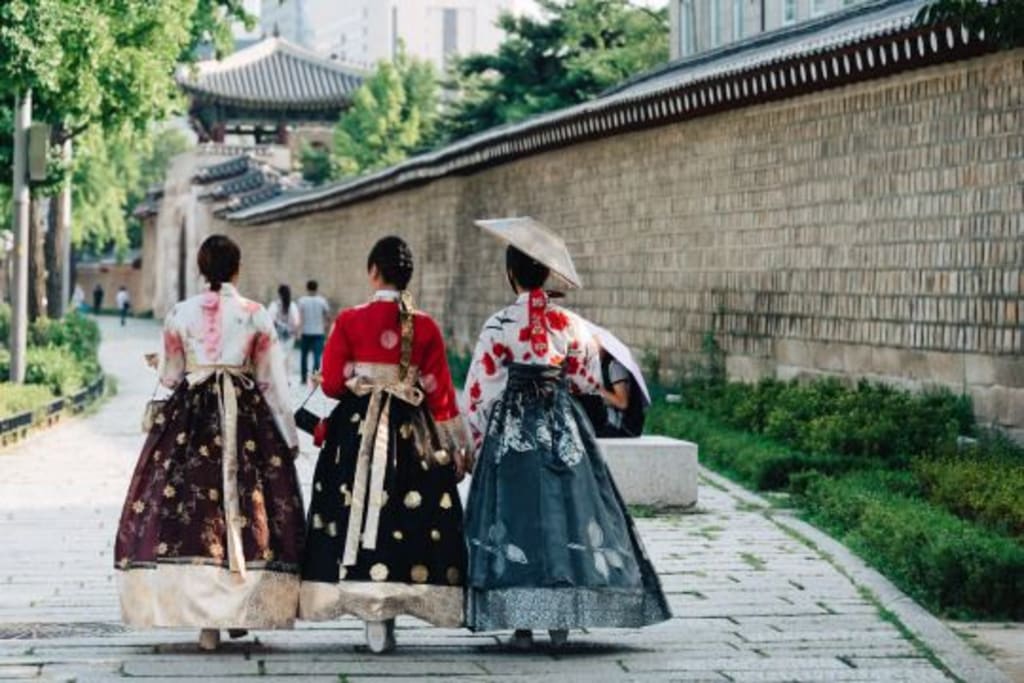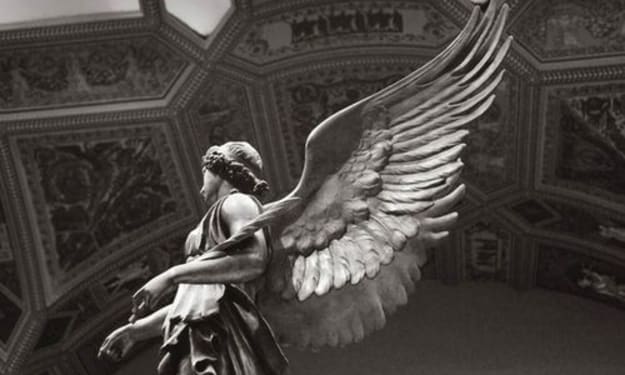
Korea, a land of vibrant colors, rich history, and captivating traditions, boasts a cultural heritage that spans thousands of years. From its exquisite cuisine to its harmonious music, and from its intricate art forms to its deep-rooted social customs, Korean culture is a treasure trove that continues to captivate people around the world. Let's embark on a journey to uncover the captivating essence of Korean traditions and culture.
Hanbok: The Elegance of Traditional Attire
One of the most iconic elements of Korean culture is the hanbok, the traditional attire that has been worn for centuries. The hanbok is a reflection of Korea's deep appreciation for beauty and aesthetics. It consists of a blouse-like top known as a "jeogori" and a full skirt called a "chima," both often adorned with intricate embroidery and vibrant colors. Hanboks are not just pieces of clothing; they embody the ideals of modesty, respect, and harmony. These elegant garments are still proudly worn on special occasions, such as weddings, holidays, and ancestral ceremonies.
Culinary Delights: The Flavors of Korea
Korean cuisine is a symphony of flavors that tantalize the taste buds with its unique blend of ingredients and cooking techniques. Kimchi, a spicy fermented cabbage dish, is the quintessential Korean side dish and symbolizes the country's devotion to preserving traditions. Bulgogi, thinly sliced marinated beef, and bibimbap, a colorful mixed rice bowl, showcase the balance of flavors and textures that Korean cuisine is known for. Sharing meals is an essential aspect of Korean culture, emphasizing the importance of family and community.
Taekwondo: The Art of Physical and Mental Discipline
Korea's cultural heritage extends to the realm of martial arts, with taekwondo standing out as a globally recognized discipline. Rooted in ancient Korean fighting techniques, taekwondo emphasizes not only physical strength and self-defense but also the cultivation of mental discipline and respect. Practitioners of taekwondo learn to embrace values such as courtesy, integrity, perseverance, self-control, and an indomitable spirit. This martial art has evolved into an Olympic sport, showcasing Korea's commitment to promoting healthy mind-body balance.
Glimpses of the Past: Palaces and Architecture
Korea's architectural wonders provide a glimpse into its royal history and artistic prowess. The Gyeongbokgung Palace in Seoul, with its grandeur and intricate detailing, stands as a testament to the Joseon dynasty's architectural achievements. The traditional Korean wooden architecture, characterized by its curved roofs and graceful lines, blends seamlessly with the natural landscape. The emphasis on harmony between human creations and the environment speaks to Korea's respect for nature and the balance it seeks to maintain.
Hangeul: A Language of Unity and Identity
One of Korea's most significant contributions to world culture is its unique script, Hangeul. Created in the 15th century by King Sejong the Great, Hangeul was designed to be easily learnable and accessible to all, regardless of their social status. This script played a pivotal role in enhancing literacy and fostering a sense of national identity among the Korean people. Today, Hangeul stands as a symbol of Korean resilience and determination to preserve their cultural heritage.
Modern Influences: K-Pop and K-Drama
In recent years, Korean popular culture has taken the world by storm. K-Pop music, characterized by its catchy tunes, impressive choreography, and diverse talents, has amassed a global fanbase. Likewise, Korean dramas, or K-Dramas, have gained international acclaim for their engaging storylines and well-crafted characters. These modern cultural exports showcase Korea's ability to blend tradition with innovation, appealing to audiences of all ages and backgrounds.
Respect for Elders and Ancestral Traditions
Korean society places a strong emphasis on respect for elders and ancestral traditions. Filial piety, known as "hyo," emphasizes the importance of honoring one's parents and ancestors. Rituals such as Chuseok (harvest festival) and Seollal (Lunar New Year) involve paying homage to ancestors through elaborate ceremonies, symbolizing the continuation of familial bonds across generations.
In conclusion, Korean culture is a captivating blend of history, art, values, and traditions that have endured through the ages. From the elegance of the hanbok to the savory flavors of Korean cuisine, and from the discipline of taekwondo to the harmonious architecture, Korea's cultural tapestry is a reflection of its people's values and aspirations. As the world continues to globalize, Korean traditions serve as a reminder of the importance of preserving heritage while embracing the future.
About the Creator
Enjoyed the story? Support the Creator.
Subscribe for free to receive all their stories in your feed. You could also pledge your support or give them a one-off tip, letting them know you appreciate their work.





Comments
There are no comments for this story
Be the first to respond and start the conversation.